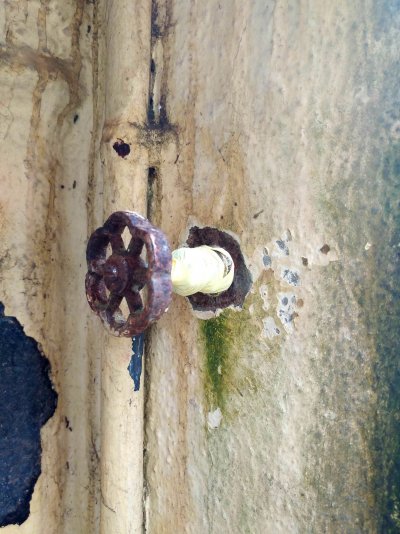Typically the failure occurs near the centre. Not from the sides.
I don't know how you clean that area without affecting the drum seals
Any ideas
@adder ?
There is no way to reach that area. In my whirlpool when it was opened up after 9 years for a bearing and seal change, the spider was in remarkably good shape, no noticeable wear at all.
Most of the spider failers are reported in samsung, as I have said repeatedly in this and other forums like tbhp avoid samsung like a plague. In the US there was a lawsuit regarding this if I remember correctly.
Some of the Chinese brands or rebadged chinese brands also have this failure.
Chinese brands are Haier, motorola, amazon basics or those N-number of brands that crop on flipkart.
Motorola and amazon basics does have a removable drum but other spare support is a big question.
Samsung material choice for the spider is poor either they are that incompetent or that greedy for planned obsolescence.
Whirlpool, Bosch/Siemens, LG don't have this problem. Out of this only LG has a removable drum( some Panasonic models also has removable drum) for all of their front load models, for a cheap bearing change if required.
> Why are they suggesting top load ? is it price or force of habit?
Probably because it can be stopped in between and extra clothes put in once the cycle starts. I don't know if that can be done with front loader.
Mostly price, Front loads where present in India since 90s but the high cost 2x to 3x meant that most went with semi-auto or top load.
In 08 when i was looking to replace my semi auto, I didn't consider the front load at all but after seeing the top load, flimsy plastic build and gimmicks present in their drum( thinking of all the gears required to turn all those mini agitators and what not.
After seeing a front load build and wash quality, one can never ever go back to a topload.
In some front load machines one can add clothes at a later time when the machine is filling with water like in LG, this off course will cause the machine to recalculate the time to finish the program, if the cloths are already wet by water filling in, time can jump by several hrs. Since the machine doesn't know whether the weight is due to water or that many clothes. So till date I have used this function only once due to this.
In some samsung they have a small door on the main door to add clothes.




